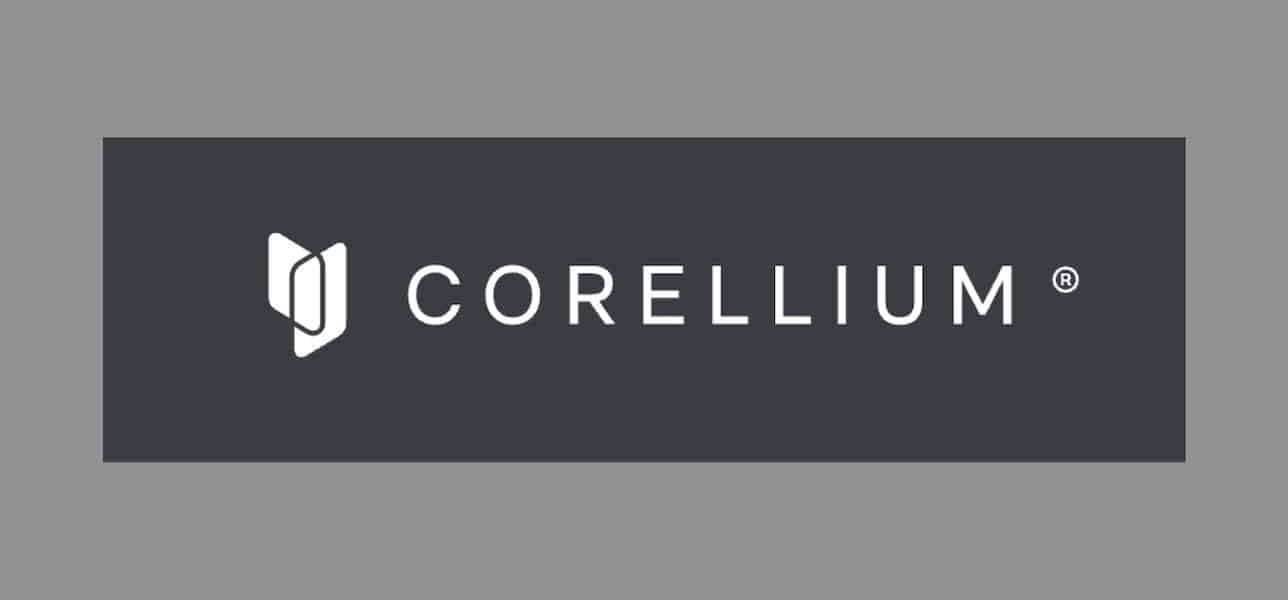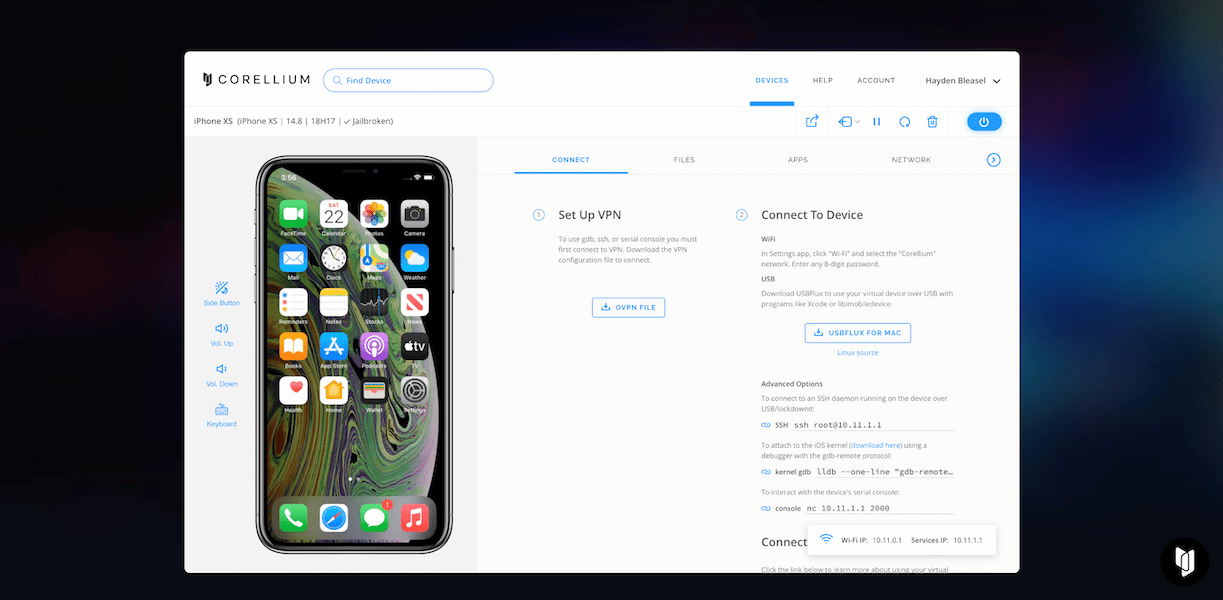Apple’s 507 pages appeal against a verdict in favor of Corellium includes a document that reveals that Corellium sold its software tools to controversial companies and regimes which were known for their iPhone hacking spyware like NSO, DarkMatter, Russia, China, UAE, and others in 2019.
Corellium is a cyber security startup that offers virtual versions of Apple iOS and Google Android for users to search and report bugs without using an iPhone or Android smartphone. In 2019, the Cupertino tech giant sued Corellium over copyright infringement violation, and in 2020, it lost the case.
Soon after it was reported that both parties agreed to an out-of-court settlement, Apple filed an appeal in 2021, as a surprise move. At the time, the tech company’s move was seen as an attempt to bar security firms from doing research but the discovery of the new documentation by Wired highlights the gravity of the case.

Apple’s document reveals Corellium’s clients who are notorious for their iOS spyware tools
As per the report, Corellium’s clients included notorious companies and oppressive regimes like the Israeli NSO group, DarkMatter, Paragon, Pwnzen Infotech, Elcomsoft, and Cellebrite.
- Pegasus spyware by NSO has been
- DarkMatter has ties with the UAE government which is accused of spying on human rights activists and journalists.
- Paragon has been accused of being a provider of government surveillance technology.
- The founders of Pwnzen Infotech were part of the Pangu Team which is known as a Chinese group of elite iOS hackers.
- Elcomsoft is a Russian iPhone hacking company.
- Cellebrite is an Israeli iOS hacking company that unlocks iPhones for law enforcement.
The leaked document also contains email correspondence between reps of Corellium and the notorious companies which substantiate Apple’s claim that the security research company was involved in dubious practices like aiding the use of vulnerabilities to hack iOS and Android devices.
While Apple has never publicly presented the evidence that’s contained in the document against Corellium, the tech giant accused Corellium in its lawsuit of helping researchers develop zero-day exploits and spyware for governments around the world, hinting that this was one of the main reasons it didn’t approve of Corellium’s practices, apart from alleged copyright infringement.
Nevertheless, Corellium’s engagement with these controversial companies may change the cybersecurity community’s view that Apple’s lawsuit is a case of an entitled tech giant going after a scrappy startup with an innovative product that it doesn’t like.

Corellium’s response to Apple’s allegations
Corellium did not dispute the legitimacy of the document but its CEO Amanda Gorton shared a blog post that stated that the company only offered trials to NSP and DarkMatter but did not sell its product after vetting them.
However, she did not answer questions about other companies like Paragon, Cellebrite, Elcomsoft, and Pwnzen. And this going to give Corellium a bad reputation.
Experts’ opinions on the latest revelation in the Apple vs. Corellium case
Experts shared a uniform opinion on Corellium’s association with known bad actors like NSO and DarkMatter because even before 2019, several reports by Citizen lab had highlighted the role of NSO Pegasus in spying on activities, journalists, human rights activities, and political rivals.
John Scott-Railton, a senior researcher at the Citizen Lab, says the Corellium sales department’s outreach to NSO Group and DarkMatter is “a potentially cynical act” given the nature of those companies. “At that point, Corellium and everyone else knew exactly who NSO Group was and what they would do with that kind of technology and the people that would inevitably be harmed,” Scott-Railton says. “It raises questions about their ethics, their judgment, or both.”
In 2021, Apple sued NSO Group for using Pegasus to hack and spy on iPhone users and the group was declared a national security risk by the United States Commerce Department’s Bureau of Industry and Security (BIS).



